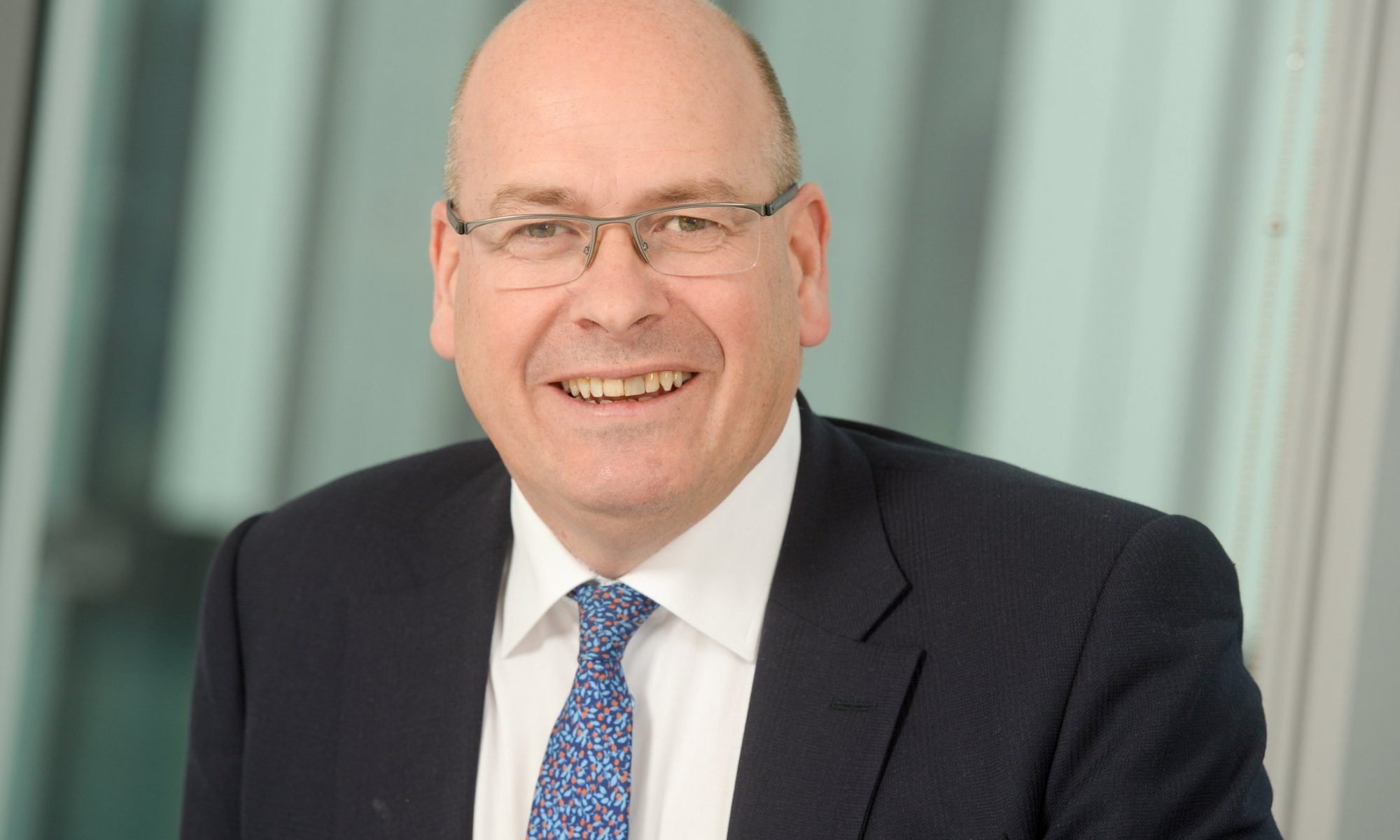
Partner at Deloitte Real Estate, Simon Bedford explores the impact of the pandemic on our urban landscape.
Businesses will undoubtedly look to re-shape their existing office space to smaller office hubs in order to collaborate while new forms of shared facilities will crop up in neighbourhoods and suburban centres. The emerging ‘blended’ approach is likely to include a truly agile working model that embraces working from home, maybe satellite offices and a central hub used for more face-to-face collaboration.
Deloitte Regional Crane Survey found that regional cities have fared better than expected in the light of pandemic, with residential and office development remaining strong. The benefits of a shorter commute, cheaper housing and a good quality of life have meant that the regional cities and towns are responding well to the multiple challenges that the pandemic has presented us with. It’s possible that these Cities and Towns can remain nimble and able to affect structural change more quickly, particularly as we emerge into a new post-pandemic world where public safety and carbon neutrality are likely to play a bigger role in place shaping than they have so far.
In the residential sector, there’s a major focus for new developments to provide outdoor space and community facilities. This reflects a growing trend towards small-scale retail and leisure offerings as part of wider mixed-use developments, helping to create neighbourhoods and foster a sense of community. In turn, this could have a positive knock-on effect for the high street. For example, our future of the high street research suggests an increased focus on localism and a greater level of commitment to small independent businesses that can easily identify the origin of their goods.
With the likes of Crossrail, HS2, the TransPennine electrification in the pipeline, as well as a host of smaller local infrastructure projects aimed at moving people around the country more quickly and easily it should improve the quality of life for the many people who rely on transport networks to get to work. The improved transport links will no doubt increase capacity, drive regeneration, create new city quarters and connect previously isolated areas of the city and beyond.
Major cities are already preparing for big changes to reduce commuting times. Paris is promoting the concept of the ‘15-minute city’, where living spaces are a short commute from work and amenities, Melbourne is proposing ‘20-minute neighbourhoods’; Montreal is working on defining a hybrid system that combines remote working and the continued use of physical space. The pandemic has caused us to think about how to live, work and move differently, a theme that is being picked up and delivered at pace across the UK.
As they say, ‘change is a constant’ and there could be no truer illustration of that than the situation we find ourselves in today.
